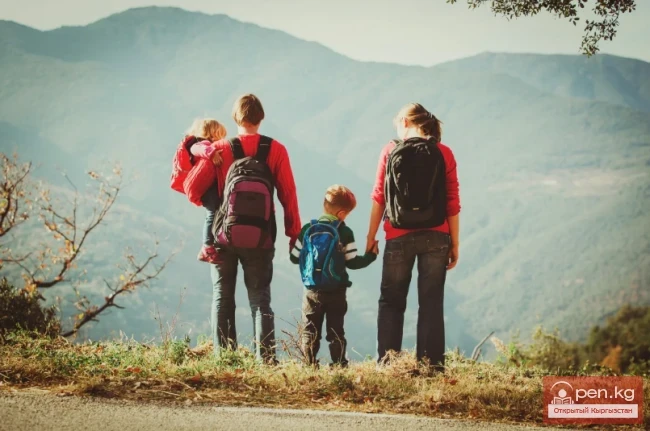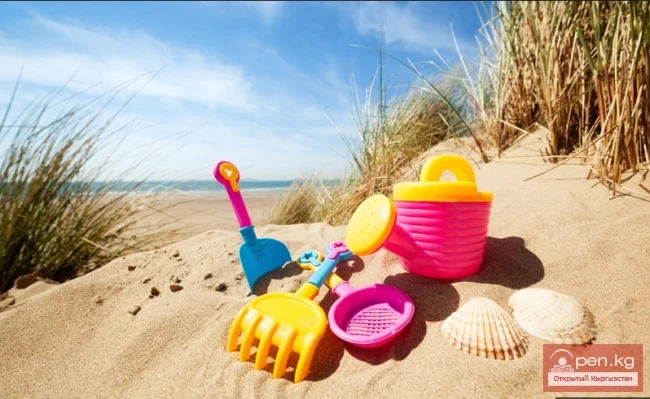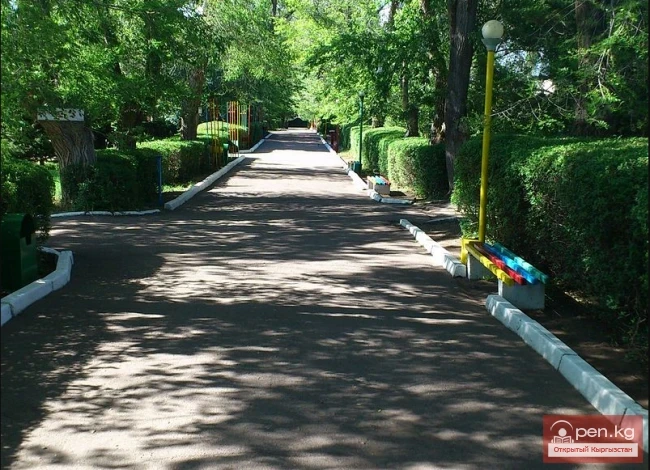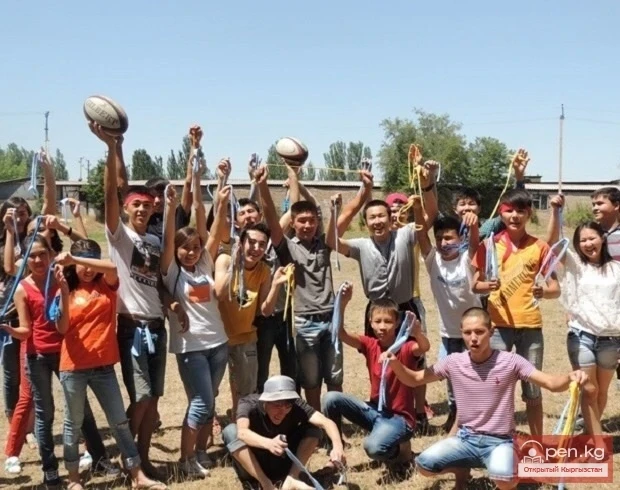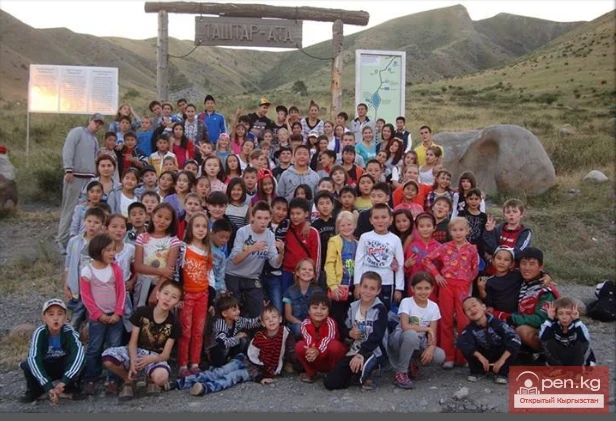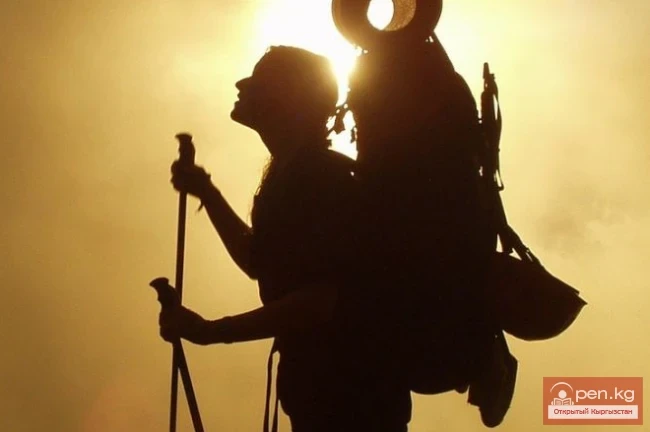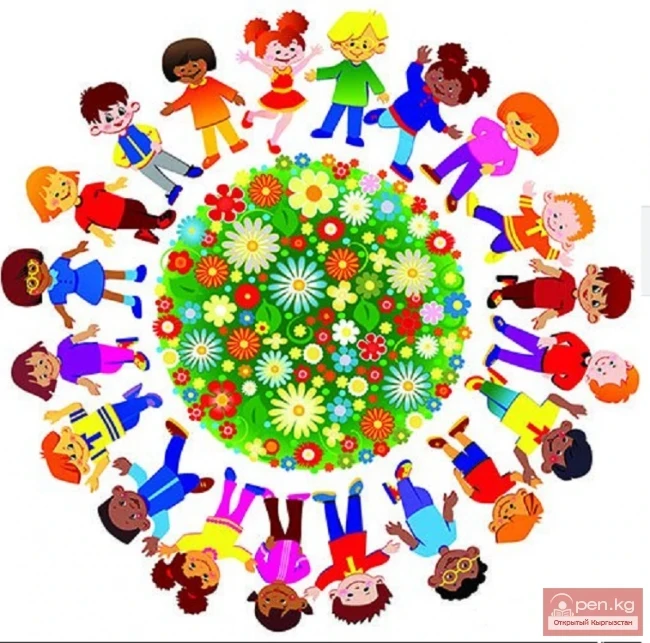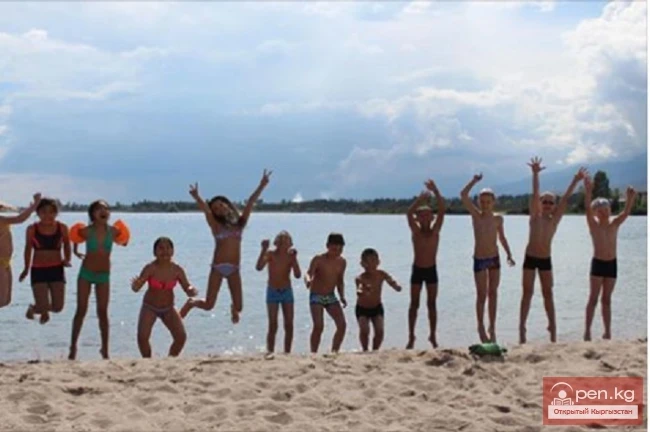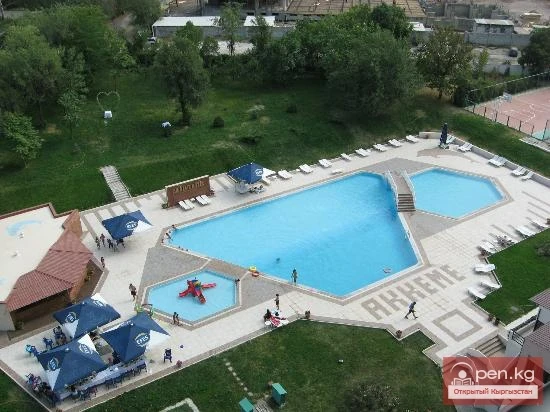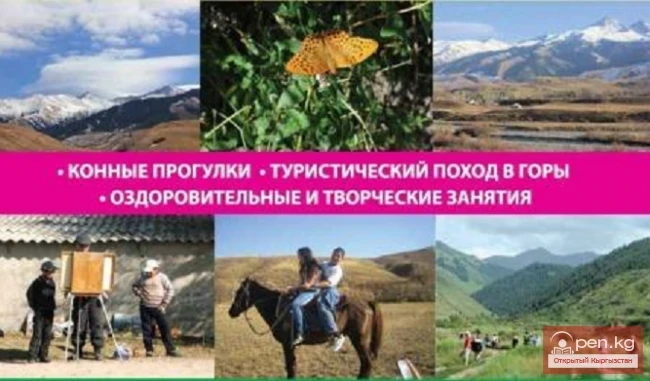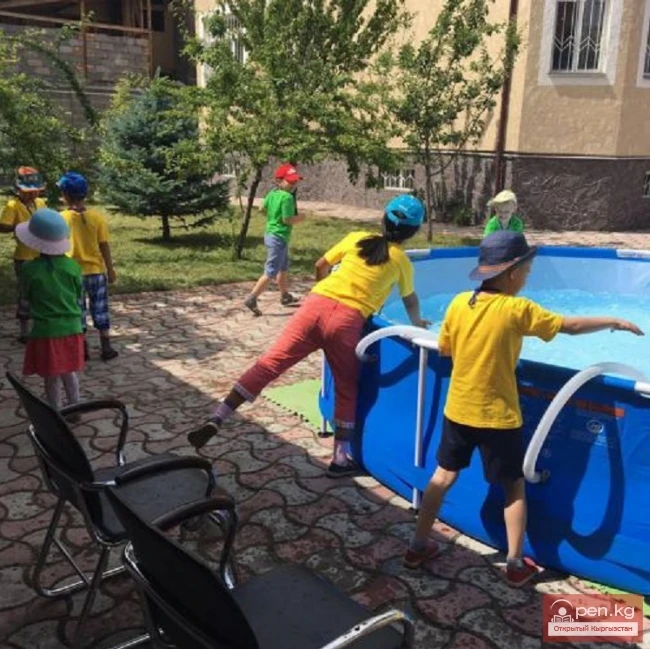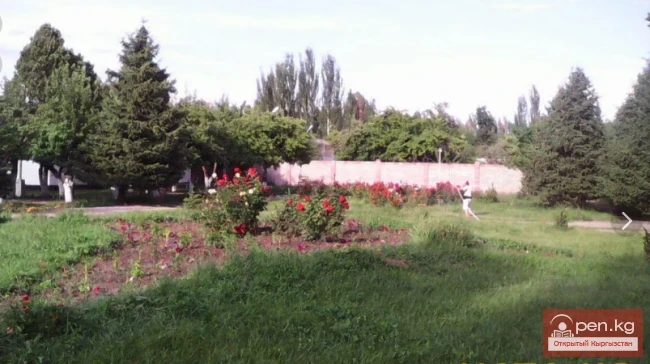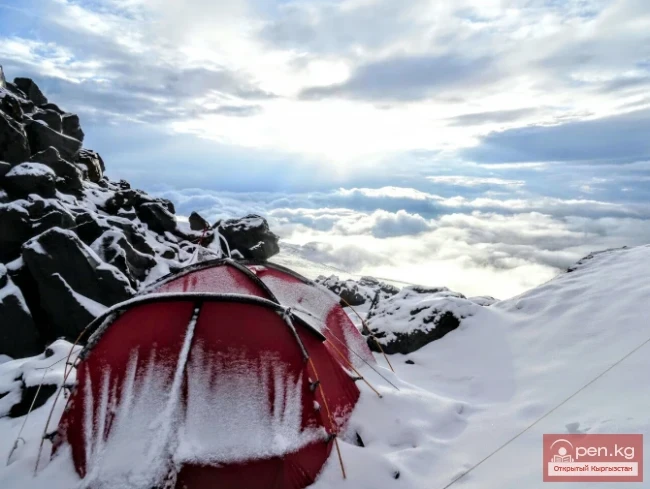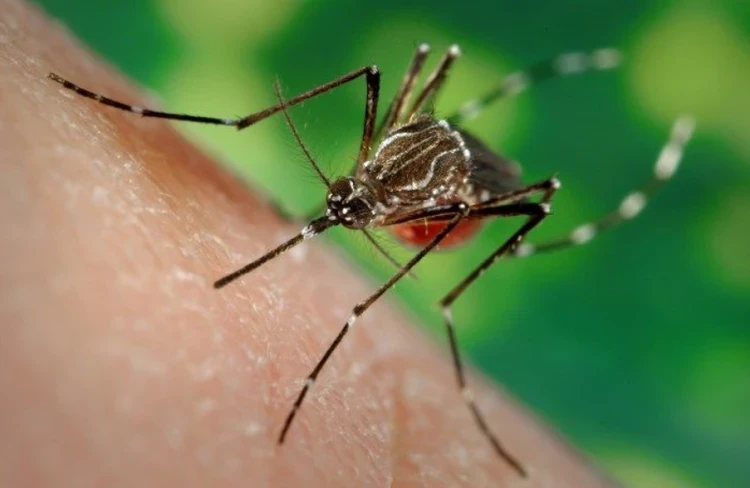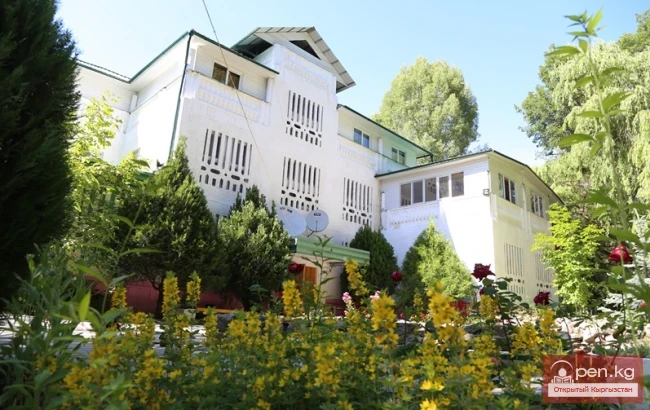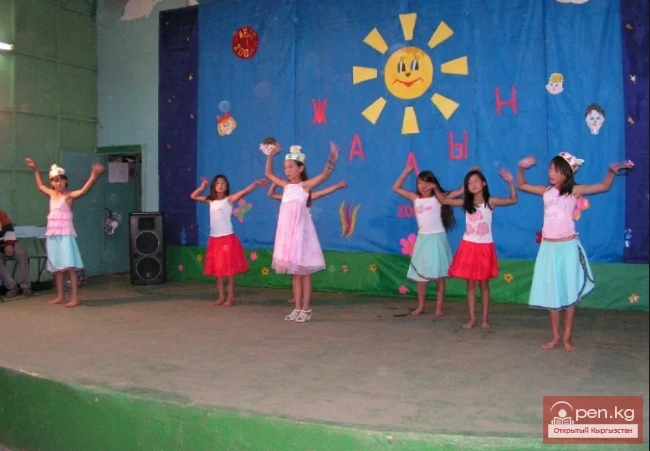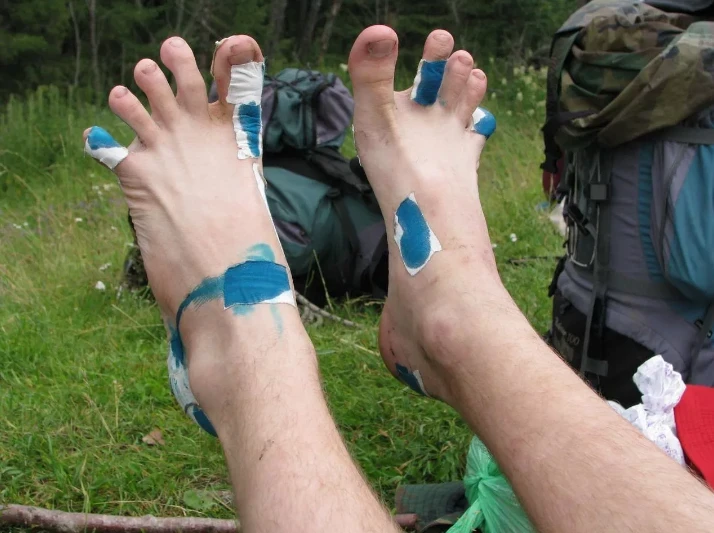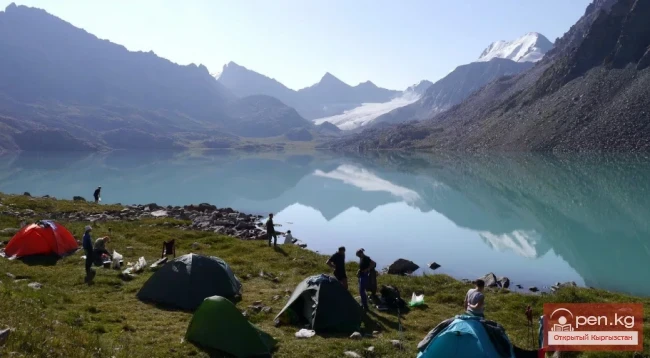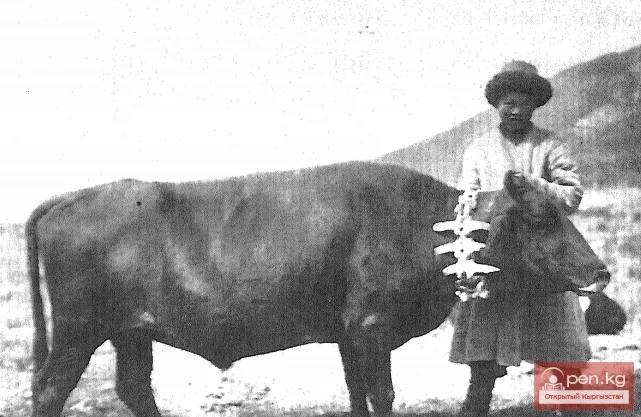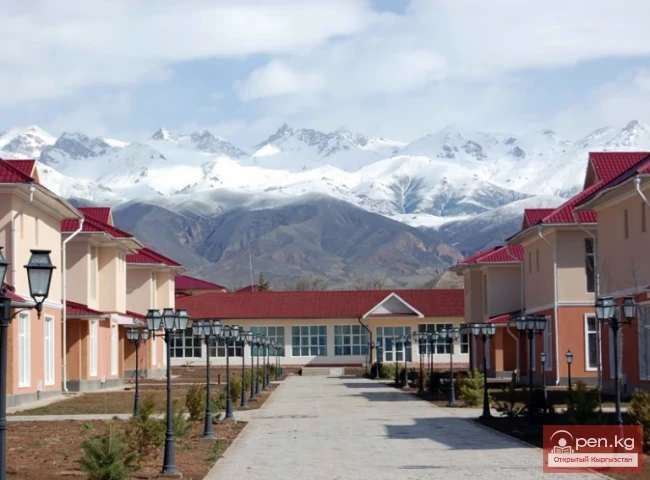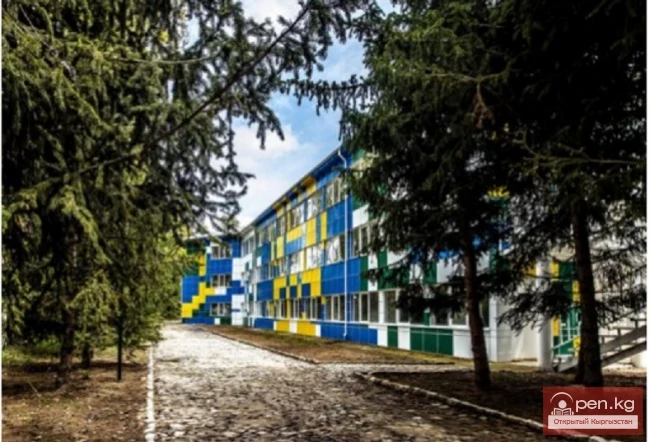How to Prepare for a Hike with a Child
Hiking with a child is always an interesting and unforgettable adventure for both adults and children. Just give it a try!
At what age can you take a child hiking?
We know many examples where parents take children who are almost newborns on hikes. This is the right and conscious choice of the parents. However, experience shows that 6-7 years old is the most optimal age to start going on multi-day hikes (3-8 days) with a child. At this age, children can already carry some of their own belongings and consciously enjoy the experience; they are full-fledged team members who can help adults with hiking tasks.
At an earlier age (3-5 years), children can be introduced to tourism through joint day trips to nature and the mountains, and short treks.
Why go hiking with a child?
Hiking teaches children social interaction: helping and supporting team members, solving difficulties alongside adults, independence and responsibility, and communication skills. Kids usually find it very interesting to participate in hiking activities: building a fire, preparing lunch, setting up a tent, etc.
They feel like full-fledged participants in the adult team. On hikes, children learn from adults to treat nature with care. Additionally, a family hike is a great opportunity to spend time with a child without phones, urgent tasks, and the internet. As strange as it may sound, it's a chance to get to know your child better and perhaps even learn something new about them.
How to prepare for a hike with a child?
1. Understand that your child is interested in this type of recreation. Try to go out to the forest or nature with your child on the weekends. Explain to them what a hike is, how everything works: daily routine, meals, living in a tent. There may be difficulties and bad weather, but you are confident that together you can handle everything.
2. Take care of good physical fitness for yourself and your child. Try to walk more and use the elevator less.
3. Prepare clothing and gear for your child according to the weather conditions of the region.
4. Pack a first aid kit considering the individual needs of you and your child. Don’t forget any allergy medications if necessary. Be sure to familiarize yourself with the list of dangerous plants in the region where you plan to hike. Also, make sure that you and your child do not have any health conditions that may contraindicate participation in the hike.
5. Bring small snacks for the child, as children are very active and expend more energy than adults. When adults rest during breaks, children can run around, play with a ball, and engage in whatever interests them. Snacks should mainly consist of light, calorie-dense foods that provide quick energy—dried fruits, nuts, granola bars, chocolate.
6. Be prepared that the younger the child, the heavier your backpack will be! You will have to carry both your belongings and the child's.
7. Check the list of documents required for the child in the region or country where you plan to go hiking.
For Tourists
